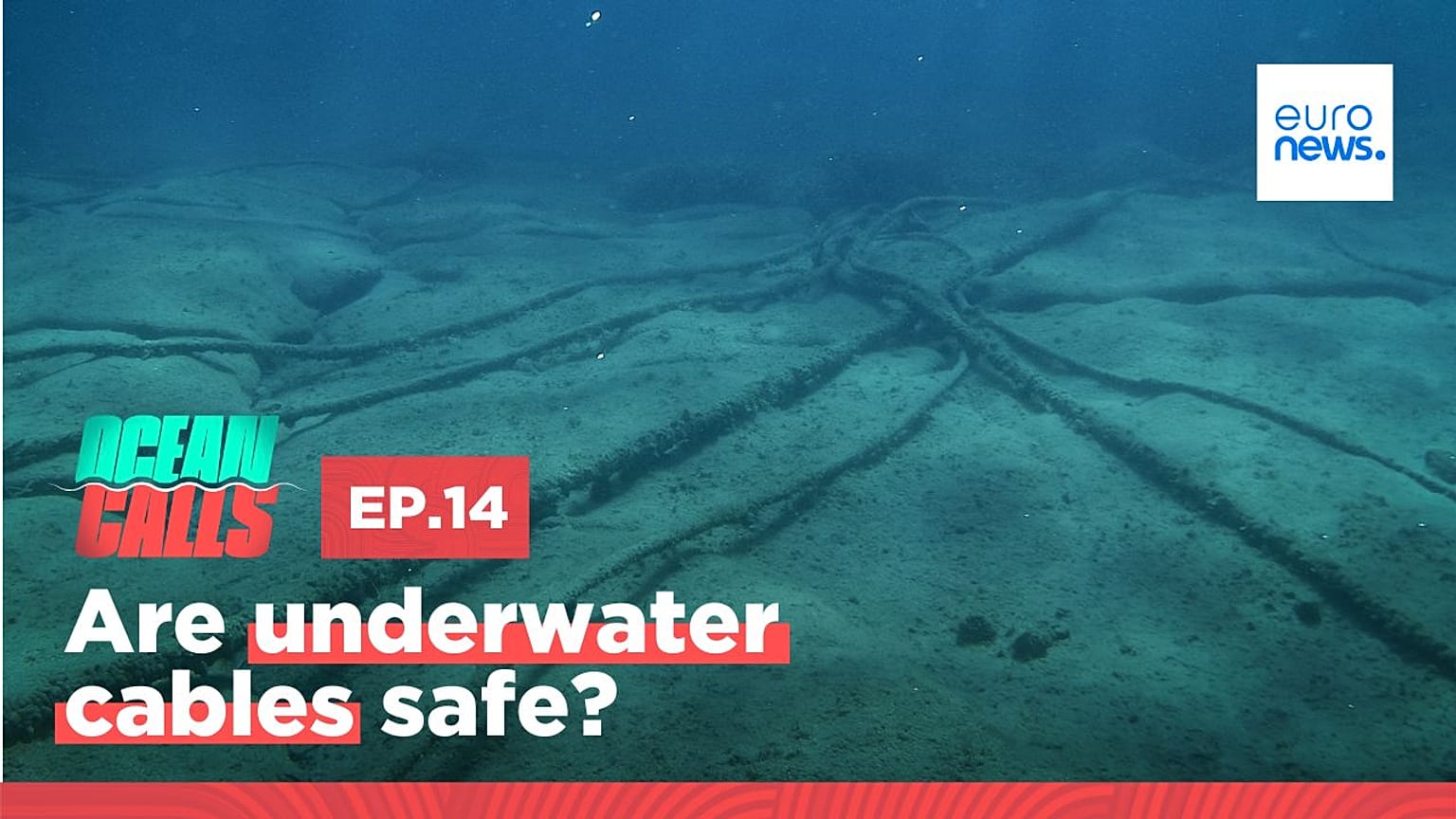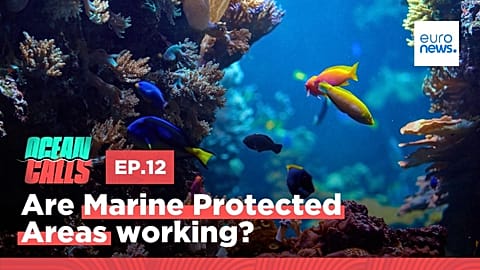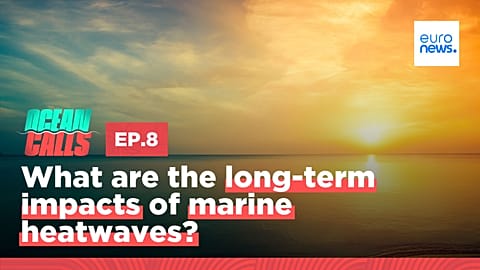The media loves telling stories about how one country could steal data from their adversary or cut their web connection altogether by attacking undersea cables. But how true are these claims?
“There’s a myth of sharks biting undersea cables or actually being able to damage them,” reveals Jonas Franken, a researcher in the field of Critical Infrastructure Protection & Maritime and Information Security at the Technical University of Darmstadt in Germany in this episode of Ocean Calls.
 ADVERTISEMENT
ADVERTISEMENT
 ADVERTISEMENT
ADVERTISEMENT
After a video of a shark attack on Google’s undersea cable went viral in 2014, environmentalists were concerned that this infrastructure could pose a threat to aquatic mammals.
“The early fibre optic cables emitted a certain frequency that attracted the sharks, but [experts] then immediately figured out that this was a problem and they changed that,” says Nicole Starosielski, associate professor of Media, Culture and Communication at the New York University Steinhardt.
What are undersea cables?
Just 25mm in diameter, like a garden hose, fibre-optic undersea cables are a critical component of modern global communication networks.
Running along the ocean floor, they enable the transmission of vast amounts of data between continents.
“If you're building a new cable, it's probably transmitting hundreds of terabits per second,” explains Franken. “But it's [the capacity is] growing exponentially, probably doubling around every two years.”
Currently, undersea cables account for 99% of global internet traffic and many of them are owned by private telecom companies, like Meta or Google.
According to Starosielski, the world’s governments and military bodies often use this infrastructure to communicate sensitive information.
“Not a very good terrorist attack”
Due to Russia’s war in Ukraine and increasing tensions between China and Taiwan, media reports have raised concerns about the potential for undersea cables to be targeted in cyberattacks or physical attacks by state or non-state actors.
However, both Starosielski and Franken agree that those claims are highly unlikely to actually come true.
“There are about 70 cables going into the European Union,” says Franken.
In order to take Europe off the internet it would require a simultaneous, coordinated attack on most if not all of these cables.
“This would be (...) a very difficult task even for state actors to pursue to cut all those or most of those cables.”
An attack on several cables, underlines Starosielksi, will most likely result in “spotty” internet access and not cut the country off completely.
“From a user perspective, it's not a very good terrorist attack”.
Threat to small island nations
But this is only the case for countries like the United States or the EU that communicate via dozens of cables.
Both experts agree that cable damage poses a bigger threat to smaller nations which only use one or two cables.
“The most precarious moment is when there’s also a natural disaster,” says Starosielski.
In January 2019, a major undersea cable serving the South Pacific island nation of Tonga was cut due to a landslide, causing widespread disruption to internet and phone services.
“Tonga is an interesting case because of the volcanic eruption,” she continues. “The plume also disrupted aerial communications, so it ended up being a blackout for a while.”
How do undersea cables work? What other factors threaten our internet connection? Listen to this episode of Ocean Calls to find out.
The Ocean Calls podcast is made possible by the European Commission's Directorate-General for Maritime Affairs and Fisheries.























